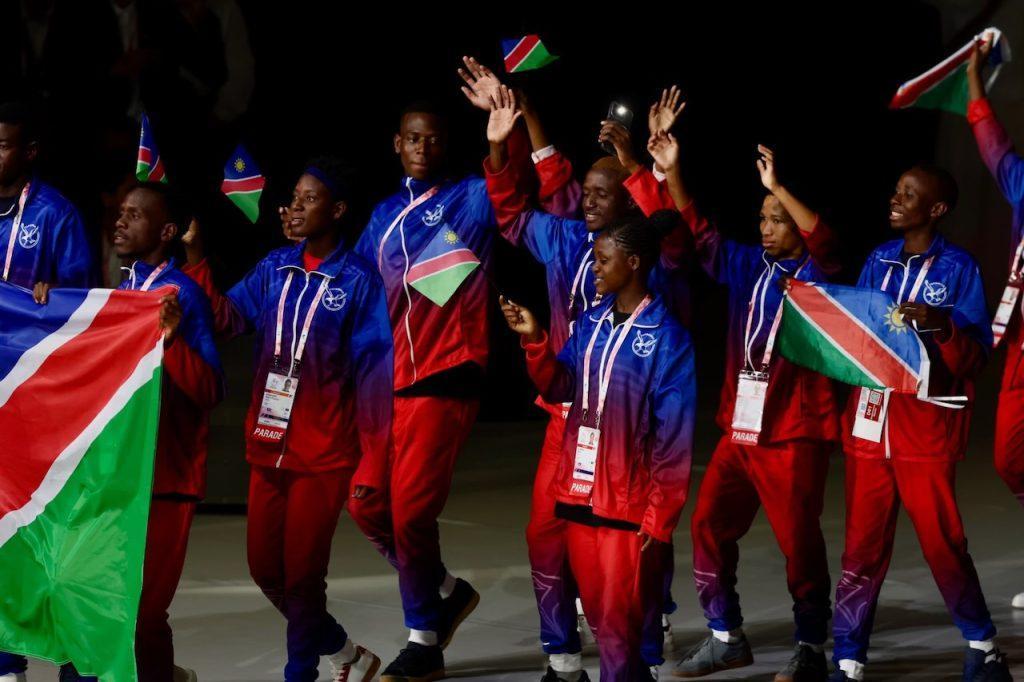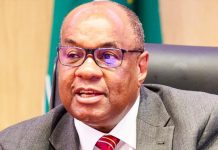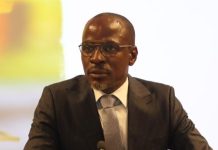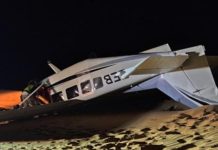Africa-Press – Namibia. The debut Namibian 2025 Summer Deaflympics team requires urgent funding of N$249 000 to cover the remaining 50% of their return flight tickets from Tokyo, Japan, before 28 November.
The Namibia Deaf Sports Federation (NDSF) team says half of the team members’ return flight tickets are still unpaid.
The team, which is currently participating in the 2025 Summer Deaflympics, has received support from several organisations, including the Namibia Power Corporation (NamPower) and Mobile Telecommunications Limited (MTC), however, the funds were not enough to cover return their travelling costs.
NDSF president Abner Sheya says the funds allocated fell short of the submitted budget.
“As a result, some key expenses remain outstanding, including 50% of the team’s return flight tickets,” he says.
The team had to prioritise essential expenses to ensure participation, Sheya says.
“We reached out for sponsorships for running shoes and managed to secure second-hand shoes from friends in Germany. Unfortunately they were not ideal for high-performance competition and some athletes were uncomfortable using old footwear,” he says.
Despite the challenges, international exposure is crucial for the development of deaf sport in Namibia, which had already made an impact as athlete Elifas Nghikevali won his first 400m heat.
“This is the first time our team has successfully participated in the Deaflympics after attempting since 2017. It marks a historic milestone,” Sheya says.
Nghikevali says his experience in Tokyo has been amazing, however, it has been a challenge to communicate in a different environment.
He says competing internationally will help him develop as an athlete as he is learning new techniques from other athletes.
“It also motivates me to work harder and aim higher. Like yesterday, I qualified for the semi-final 400m. I will try my best to go for the final. I’m looking forward to the semi-finals,” he says.
Nghikevali says taking part in the Olympics is a huge step forward.
“This is our first time and it shows that deaf athletes have talent and deserve recognition. It opens doors for more inclusion, funding and growth in deaf sport back home. It also gives us more to learn new things such as strict regulation and other things to help us improve,” he says.
Team coach Penehafo Kanana says the event has introduced athletes to new technologies such as the light-based starting device.
“There is a new start switch which athletes are not used to and some equipment we lack in Namibia. We need to have equipment like that so that we can familiarise ourselves to be able to compete internationally,” she says.
Namibia Sports Commission chief administrator Freddy Mwiya says flights are usually not allowed without return tickets.
He says the team has received return tickets, but this was, however, cancelled by the agency for unknown reasons.
“The team did not come to explain to us what happened. We had to find out from a journalist that their return tickets were cancelled,” Mwiya says.
He says the commission is not responsible for fund allocations and only mobilises resources.
Organised by the International Committee of Sports for the Deaf (ICSD), the Deaflympics are an international multisport event for deaf athletes held every four years.
The event will conclude on 26 November.
For More News And Analysis About Namibia Follow Africa-Press






